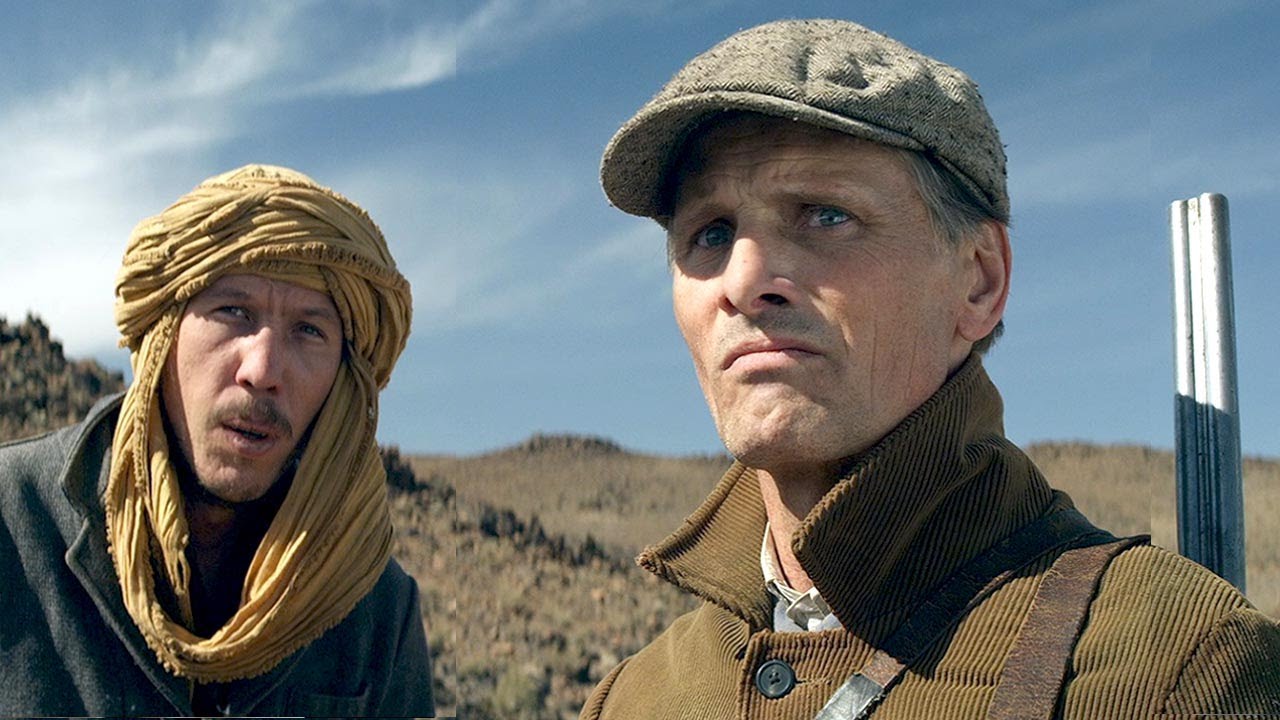Their journey across the mountains reveals the weight of freedom and choice.
Far from Men (Loin des hommes), directed by David Oelhoffen and based on Albert Camus’ short story The Guest, is a profound French drama set during the Algerian War of Independence in 1954. The film follows Daru, a reclusive schoolteacher of Spanish descent, who lives a quiet life in the remote Algerian mountains. His solitude is disrupted when the local authorities force him to escort Mohamed, an Algerian villager accused of murder, to a distant town where he will face trial and likely execution.

What begins as an unwanted duty evolves into a tense journey across harsh landscapes, testing both men’s resolve and beliefs. Daru, portrayed by Viggo Mortensen, embodies principles of fairness and compassion, refusing to see Mohamed simply as a criminal. Instead, he wrestles with the moral implications of handing him over to certain death, while Mohamed himself faces questions of honor, survival, and loyalty in a fractured land.

The film captures the growing bond between the two men, whose destinies intertwine against the backdrop of political unrest. As they trek through mountains and face hostile encounters, the line between duty and humanity blurs, forcing Daru to make choices that could define his character forever. Their journey becomes symbolic of broader themes of freedom, justice, and coexistence in a time of violence and division.
Visually, Far from Men is striking, with vast landscapes serving as both a physical challenge and a metaphor for the isolation of its characters. Its quiet intensity, carried by Mortensen’s subtle performance and Reda Kateb’s depth as Mohamed, makes it less of an action film and more of a meditation on morality and empathy in a world scarred by conflict.

-1754968521-q80.webp)
-1751250667-q80.webp)
-1751429617-q80.webp)